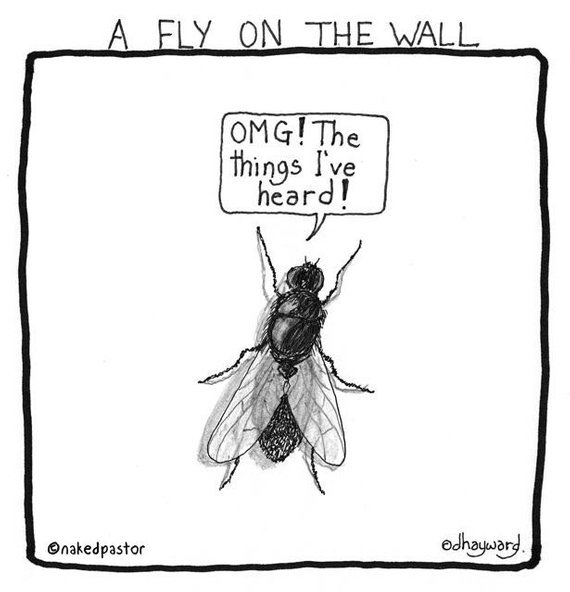There is a game I love playing with my family. It’s called “5 second rule” You get given a question like “Name 3 countries starting with A” or “name 5 ingredients you need to make a cake” and you only have 5 seconds to respond. I’m always amazed at how under pressure, even when you know you know the answer, you can get stumped. My kids were in hysterics recently when I missed answering “name 4 colours in the rainbow” before the buzzer sounded. Bzzzzzzzzzzzz!!! My son then prepared a little list for me so next time I would have a cheat sheet handy!
In challenging conversations we are under pressure and can sometimes “get stumped” as our brains just don’t access the skill or answer we are searching for at that precise moment. Sometimes it would be great if someone could just hand you a premade list so you could draw on those strategies when under pressure. I recently conversation coached a client in preparation for a discussion with one of his senior managers. He shared he often struggles to access the right strategy when things get a little tense during these conversations.

This was my “5 second rule” answer to him. It’s a cheat sheet of things that work. You will notice all of these are things HE could do. That is, they are things within his control. It is so much easier to find ways we can change the dynamic rather than rely on the other person (even if we think they should because they are more at fault!). They are also things he COULD do. That is, he does not need to do them all, but being aware of the options prior, takes the pressure off and gives you more chance of beating the buzzer.
- Take them seriously. Too often we actually don’t take the other person seriously, or at a minimum, we are giving off a “vibe” that we aren’t. Check yourself. What would the other person answer to the following question: “Out of 10, how seriously do you feel I am taking you right now?” (note the question is not how seriously are you taking the issue but how seriously are you taking THEM). If you got anything less than 8 you need to rethink what type of behaviour and body language you are modelling. What’s your vibe?
- Find YOUR ‘why’. Why is this conversation important to you? Why do you need agreement on this content? Why is the relationship with this person important (e.g. my role needs to be able to work with that role, management will judge me on how I resolve issues with colleagues, my subordinates will need advice on how to work with this person so I better have worked it out… etc).
- Avoid pretend listening. Pretend listening is when you don’t really take in what they are saying but think you can regurgitate it if necessary. My client, in this case, was doing lots of pretend listening, and whilst he could “quote” his senior manager, he had not really heard what they’d been saying. How could he then truly connect what he wanted to say to where the senior manager’s head was at?
- Identify what you already agree on. There is ALWAYS more on this list than you first thought. You could even do it together!
- Demonstrate concern for them. Ask the other person what they are concerned about and/or share what you are concerned about. What are some possible countermeasures? This builds connection through sharing vulnerability and joint problem-solving. It’s often just stating the obvious and can help with prioritisation

6. How are you behaving right now? If I was a fly on the wall, what feedback would I give you about your communication impact? Check whether you are holding any negative assumptions. Well are you? If so, work on those assumptions.
7. Acknowledge and share that you both have the responsibility to have a difficult conversation. What are you doing about your responsibility? Can you jointly discuss how best to have the conversation constructively separately to the content of the conversation.

Alright I think I made it before the buzzer sounded! Well done team. Move forward 5 spaces.
Notice how these are all things YOU can do. These are the things you control or manage. So you have choice in how you do them or if you do them at all. I challenge you to focus on 2-3 of them in your next important conversation and I guarantee you will get a better outcome.
I’d love to welcome in the new year with a conversation to help you work through a difficult conversation to get 2019 off on the right foot. Be in touch.
The Zalt Group are offering the following HR courses in 2019
Workplace Investigations, 20 March – Melbourne CBD
This training will give HR professionals the skills to develop and implement effective plans for conducting a compliant workplace investigation, the strategies to overcome difficulties along the way and the expertise to make findings of fact and subsequent recommendations.
Better Conflict, 3&4 April – Melbourne CBD
Facilitate difficult conversations in the workplace! Learn the strategies and practical methods to approach, lead and coach conflict resolution in your workplace. Essential skill-building workshop over 2 days that will refine and increase your skills and mindset.
“I developed better knowledge, skills & judgment as a workplace investigator”
“Shifted my thinking” “Very impressive”!!



